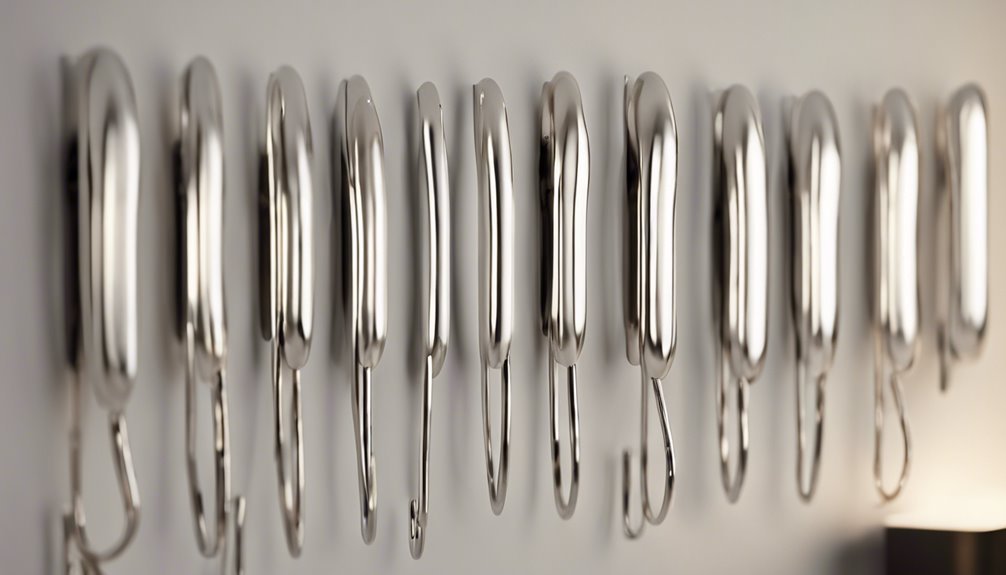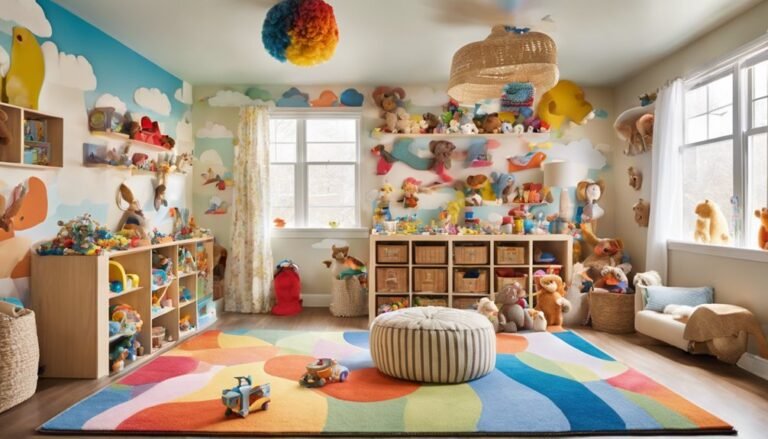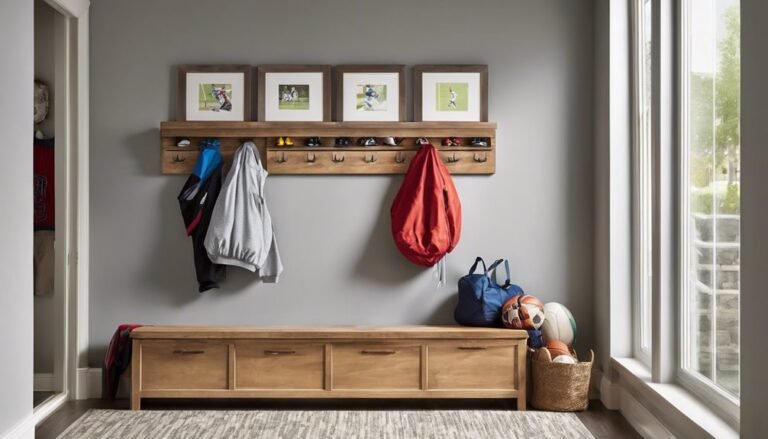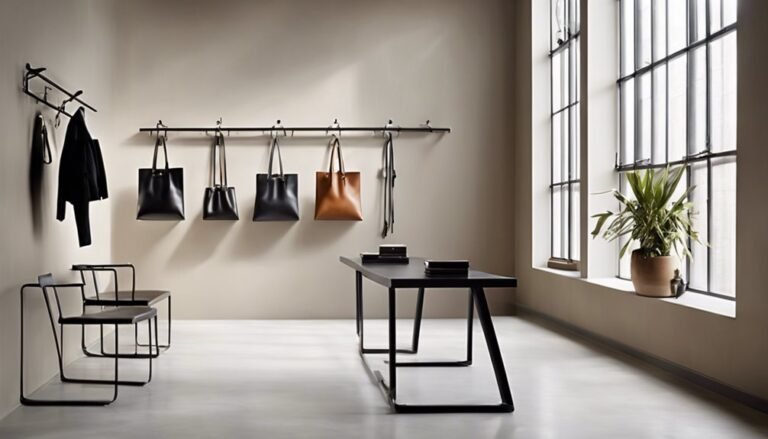Hooks for Hanging Projector Screens
Types of Hooks for Projector Screens
When it comes to hanging projector screens, there are several types of hooks you can choose from, each designed for specific mounting needs. Wall mounted hooks are ideal for securing a screen against a vertical surface, providing stability and support. They often come with adjustable features, allowing for precise height and angle adjustments. On the other hand, ceiling mounted hooks are perfect for installations where floor space is limited or where you want to achieve a clean, unobtrusive look. These hooks can be used to suspend your screen from the ceiling, keeping it out of the way when not in use. Both options offer versatility, enabling you to customize your setup according to your preferences and available space.
Benefits of Using Hooks
Using hooks for hanging projector screens offers an easy installation process that saves you time and effort. Their space-saving design allows you to maximize your area without bulky mounting hardware, making your setup cleaner. Plus, the versatile placement options enable you to adjust the screen’s position to optimize viewing angles based on your specific needs.
Easy Installation Process
Although many installation methods exist for hanging projector screens, opting for hooks offers a streamlined, straightforward approach. This user-friendly design guarantees a quick setup, allowing you to enjoy your projector in no time. With minimal tools required, you can easily mount your screen without any hassle.
| Feature | Benefits |
|---|---|
| Installation Time | Fast, efficient setup |
| Tool Requirements | Minimal, easy to find |
| Adjustability | Flexible positioning |
Using hooks allows for effortless adjustments, letting you reposition your screen as needed. This freedom to customize your viewing experience makes hooks an ideal choice for those who value convenience and flexibility in their setup.
Space-Saving Design
Since space is often at a premium in home theaters or meeting rooms, opting for hooks to hang your projector screen can greatly enhance your setup’s efficiency. Hooks allow for a minimalist design that eliminates bulky stands or furniture, freeing up valuable floor space. This space efficiency means you can easily rearrange your environment, adapting to different needs without compromising on aesthetics. By keeping your screen elevated and out of the way when not in use, you maintain a clean and organized appearance. Additionally, hooks can be installed in various locations, ensuring your projector screen fits seamlessly into your existing layout. Overall, using hooks not only simplifies your setup but also contributes to a more functional and visually appealing space.
Versatile Placement Options
One of the key advantages of hooks for hanging projector screens is their versatile placement options, allowing you to customize your setup to fit various environments. You can easily adjust the heights of the screen to suit different viewing preferences, ensuring ideal visibility for everyone. This flexibility means you can position the screen at eye level or higher, depending on your audience’s needs. Additionally, hooks enable you to explore creative angles, enhancing the overall viewing experience by minimizing glare and maximizing image clarity. Whether you’re setting up a home theater or a professional presentation, these adjustable features empower you to create the perfect atmosphere, giving you the freedom to adapt your setup as required.
Installation Tips for Hooks
When installing hooks for your projector screen, it’s crucial to guarantee they’re securely anchored to support the weight and prevent any sagging or misalignment. Use effective hook placement strategies to guarantee a stable setup. Here are some installation tips:
- Select the right installation tools, like a stud finder, to locate supporting beams.
- Measure carefully to guarantee the hooks are aligned at the same height.
- Use levelers to confirm the screen hangs straight, avoiding any tilt.
Choosing the Right Hooks for Your Screen
How do you determine which hooks are best suited for your projector screen? First, consider the hook materials; options like steel, plastic, or aluminum each offer unique benefits. Steel hooks are durable and ideal for heavier screens, while plastic may suffice for lighter setups. Next, assess the weight capacity of the hooks. You’ll want to choose hooks that can easily support your projector screen’s weight, with some margin for safety. Always check the manufacturer’s specifications for both the hooks and the screen to guarantee compatibility. Additionally, think about the installation environment—whether indoors or outdoors—as this can influence your choice of materials and hook design. Making informed decisions will keep your viewing experience secure and enjoyable.
Maintenance and Care for Your Setup
To keep your projector screen setup in peak condition, it’s crucial to implement regular cleaning techniques, ensuring you remove dust and debris without damaging the surface. Additionally, routinely check the stability of your hooks to prevent any accidental falls that could compromise your equipment. Finally, when not in use, store your screen properly to safeguard it from environmental factors that could lead to wear and tear.
Regular Cleaning Techniques
Although maintaining a clean projector screen may seem like a minor detail, it greatly impacts your viewing experience and the longevity of your equipment. To guarantee peak performance, establish a regular maintenance frequency that suits your usage.
- Use microfiber cloths for gentle cleaning.
- Apply distilled water or specialized cleaning solutions.
- Avoid abrasive materials that could scratch the surface.
Begin by dusting the screen with a microfiber cloth to remove debris. For stains, lightly dampen your cloth with distilled water or an appropriate cleaner. Wipe in circular motions to prevent streaks. Regular cleaning not only enhances image quality but also extends the life of your projector screen. By using the right cleaning materials, you can enjoy a crystal-clear display every time.
Checking Hook Stability
Once you’ve confirmed your projector screen is clean, it’s important to turn your attention to the stability of the hooks used for hanging it. Start by inspecting each hook for signs of wear or damage, as hook durability is essential for long-term use. Make certain that the hooks can support the weight of your projector screen, paying close attention to their load capacity. If you notice any rust or bending, replace the hooks immediately to prevent accidents. Additionally, regularly tighten any screws or fasteners to maintain a secure hold. Remember, your projector screen’s safety relies on these small components, so make checking hook stability a routine part of your maintenance to guarantee a reliable viewing experience.
Screen Storage Tips
Proper storage of your projector screen plays an essential role in maintaining its quality and longevity. To guarantee the best screen organization and prevent damage, follow these effective storage solutions:
- Keep it Dry: Moisture can warp the screen material; store it in a cool, dry place.
- Use a Protective Cover: A dust cover can shield your screen from dirt and scratches while in storage.
- Roll, Don’t Fold: Always roll your screen to avoid creases that can affect image quality.
Alternative Mounting Options
When exploring alternative mounting options for your projector screen, have you considered the versatility of floor stands? These stands offer mobility and flexibility, allowing you to adjust your screen’s position as needed. Unlike fixed solutions like mounting brackets or ceiling hooks, floor stands can be easily relocated for ideal viewing experiences.
| Option | Pros | Cons |
|---|---|---|
| Floor Stands | Portable, adjustable height | Requires floor space |
| Wall Mounts | Saves space, stable | Permanent installation |
| Ceiling Hooks | Out of the way, aesthetic | Limited adjustability |
Frequently Asked Questions
Can Hooks Damage My Projector Screen Over Time?
Imagine a delicate painting hanging by a rusty nail; over time, it tarnishes. Similarly, improper hook materials can affect your projector screen’s care, leading to potential damage from rust or wear if not chosen wisely.
What Weight Capacity Do These Hooks Typically Support?
Typically, these hooks support weight limits ranging from 10 to 50 pounds, depending on the hook materials used. It is crucial to choose hooks designed for your specific application to guarantee maximum safety and performance.
Are There Hooks Specifically Designed for Outdoor Projector Screens?
Yes, there are hooks specifically designed for outdoor installations. These hooks guarantee screen stability against wind and weather, providing secure mounting options for your projector screen, so you can enjoy outdoor movie nights without worry.
Can I Use Adhesive Hooks for Hanging a Projector Screen?
You can use adhesive hook types for hanging a projector screen, but verify they’re rated for the weight of your screen. Consider projector screen safety; choose high-quality hooks to prevent damage or accidents during use.
How Do I Remove Hooks Without Damaging the Wall?
To remove hooks without damaging your wall, use hook removal techniques like gently twisting or pulling. If damage occurs, consider wall repair options like spackling or patching to restore the surface’s integrity and appearance.
References
- https://en.wikipedia.org/wiki/Projector_screen
- https://www.educationworld.com/a_tech/tech/tech146.shtml
- https://www.homedepot.com/c/ab/how-to-hang-a-projector-screen/9ba683603be9fa5395fab90d8448d5c9
- https://www.k-state.edu/its/teaching/projects/projector.html
- https://www.lsu.edu/techservices/teaching/technical_resources/projectors.php
- https://www.ama-assn.org/delivering-care/public-health/hanging-projector-screens-and-collaborative-learning







